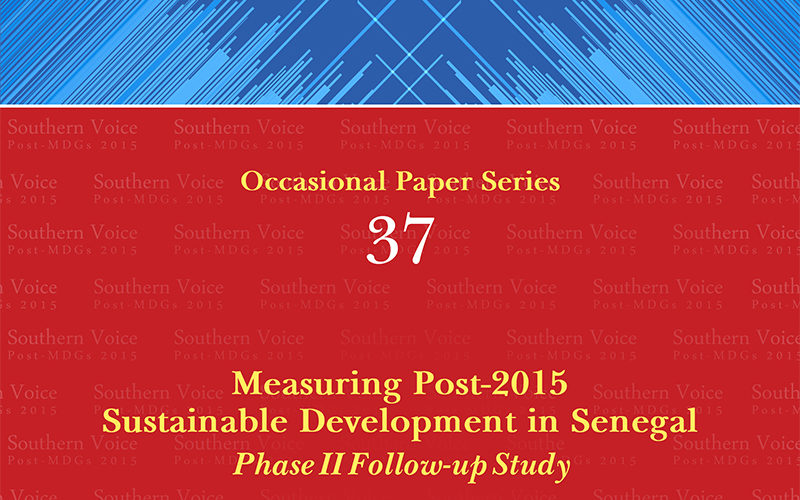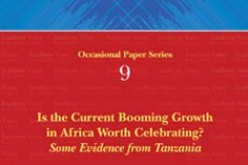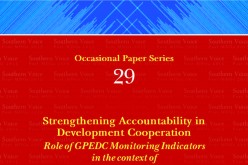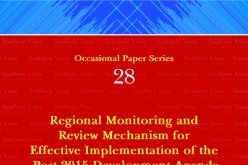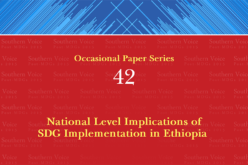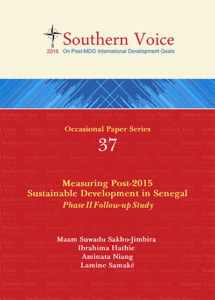 This report presents the results of Phase II of the Post-2015 Data Test initiative. It aims to address the challenges and opportunities, identified in the pilot study, for measuring and implementing the SDGs. The report provides solutions, organised within a national plan of actions that aim towards addressing data problems and proposing measures for an effective SDGs implementation. In Senegal, despite important efforts and investments that have been made regarding the national statistical system, many challenges still remain, including the access, availability, reliability, and financing of data for monitor the SDGs. These gaps risk compromising the monitoring and implementation of the SDGs. Therefore to address sustainable development challenges by 2030, it is crucial to involve all national stakeholders as the means of implementation, including financing, human resources and reliable data.
This report presents the results of Phase II of the Post-2015 Data Test initiative. It aims to address the challenges and opportunities, identified in the pilot study, for measuring and implementing the SDGs. The report provides solutions, organised within a national plan of actions that aim towards addressing data problems and proposing measures for an effective SDGs implementation. In Senegal, despite important efforts and investments that have been made regarding the national statistical system, many challenges still remain, including the access, availability, reliability, and financing of data for monitor the SDGs. These gaps risk compromising the monitoring and implementation of the SDGs. Therefore to address sustainable development challenges by 2030, it is crucial to involve all national stakeholders as the means of implementation, including financing, human resources and reliable data.
This report recommends, through an inclusive plan of action, concrete proposals that are consistent with national needs yet responsive to international challenges. A first recommendation is to ensure a strong political leadership and commitment from key decision-makers. This will facilitate a good ownership of the SDGs, and therefore their alignment with the Senegal’s new economic and social policy framework. Another recommendation is to establish efficient SDG monitoring and evaluation mechanisms, through an operationalisation of the Harmonised Monitoring-Evaluation Framework; bringing together the monitoring of SDG indicators and PSE indicators. In addition, capacity should be built for ensuring the production of quality data on SDGs, by deepening the present work on mapping data sources during the Data Test study. A key recommendation is to promote the domestic resource mobilisation, through the development of public-private partnership or the creation of an annual budget line dedicated to the production of sectorial statistics. Finally, an effective communication is required on SDGs and their data-related needs in order to develop a strong sense of national ownership.
Authors: Maam Suwadu Sakho-Jimbira, Ibrahima Hathie, Aminata Niang, M. Lamine Samaké
Download1,854 total views, 2 views today


